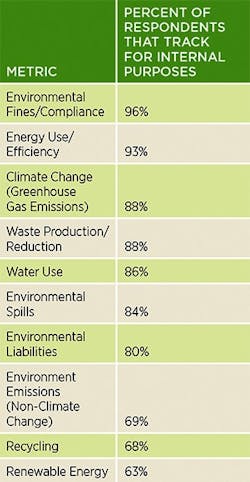Sustainability Professionals Are Good for Business
An increasing number of organizations are adding sustainability practitioners to the team to drive down costs and environmental impact.
A new report, Managing Organizational Sustainability: The Business Case for Sustainability Professionals in the Workplace, delves into the relationship between sustainability professionals and performance. For a quarter of the 12 organizations interviewed, sustainability positions grew out of energy or facilities management, while several other organizations have separate sustainability positions that work closely with FMs. This structure “can blur the defining boundaries of sustainability staff,” the report notes.
“Coordination is a key role that sustainability staff provides to a sustainability program,” the report continues. “This role is significant because, in order to achieve strategic outcomes that reach across departments, communication and coordination between departments is essential.”
Though the industry lacks a single standard to define the impact of these employees, 11 of the 12 participants surveyed for the report say cost savings from resource conservation is a top metric. This helps make the case for sustainability initiatives and demonstrates success to leadership.
In fact, the report explains, “one corporate participant noted that executives buy into the sustainability program because it’s very business-driven, saying ‘the program has very qualitative, feel-good aspects, but it’s balanced with good ROI through cost savings via water and energy.’”
Measuring environmental performance is more difficult – all 12 developed measurements based on their own sustainability goals (see table below) rather than relying on third-party assessments. However, a handful supplemented internal measurements with ENERGY STAR Portfolio Manager and the Sustainability Tracking, Assessment, and Rating System (STARS). Combining the strategies offers a clearer picture.
“Finding metrics that reinforce stakeholder or customer interests in sustainability-related functions can help demonstrate success,” the report notes. “Fulfillment of stakeholder or customer requests by sustainability personnel can help link this success metric back to sustainability staff actions and roles.”
The report was authored by Anisa Baldwin Metzger of the Center for Green Schools and Julia Ruedig of the University of Michigan. It was published by McGraw Hill Financial Global Institute.
